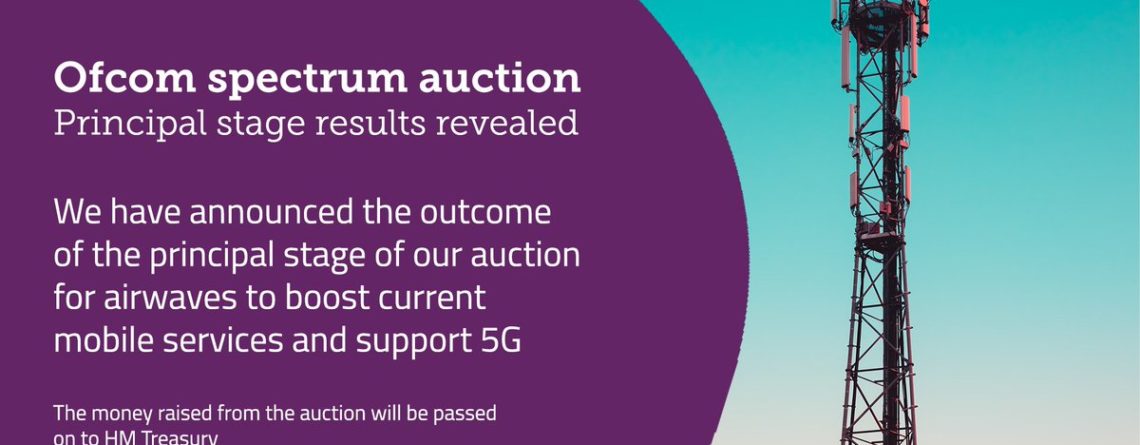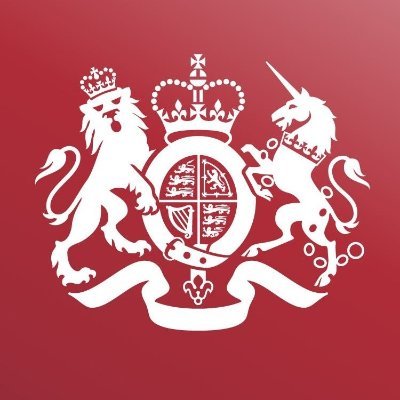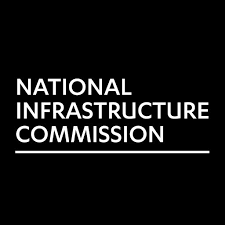Government launches ‘Project Gigabit’
The government has announced ‘Project Gigabit’, its mission to deliver gigabit-capable broadband across the UK. The project will be a series of phases, with the first phase providing one million hard-to-reach buildings with gigabit coverage and new funding for gigabit vouchers. An extra £210 million worth of vouchers will be released to help those with slow speeds, and another £110 million will connect up to 7,000 rural GP surgeries, libraries and schools. Up to 510,000 homes and businesses in Cambridgeshire, Cornwall, Cumbria, Dorset, Durham, Essex, Northumberland, South Tyneside and Tees Valley will be the first to benefit as part of the project, with contracts for these first areas going to tender in the spring. (more…)












